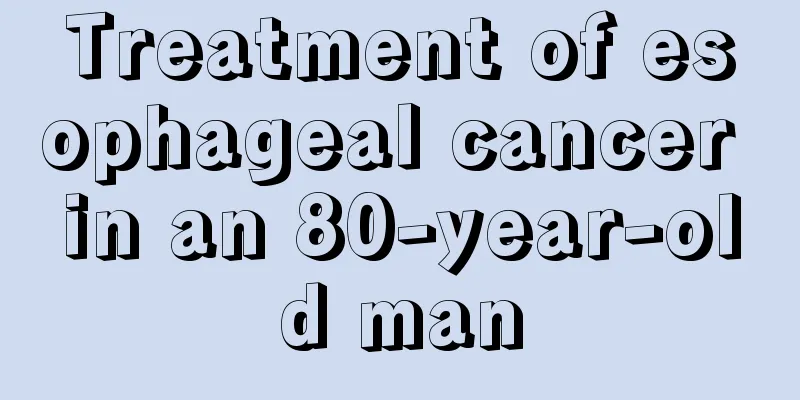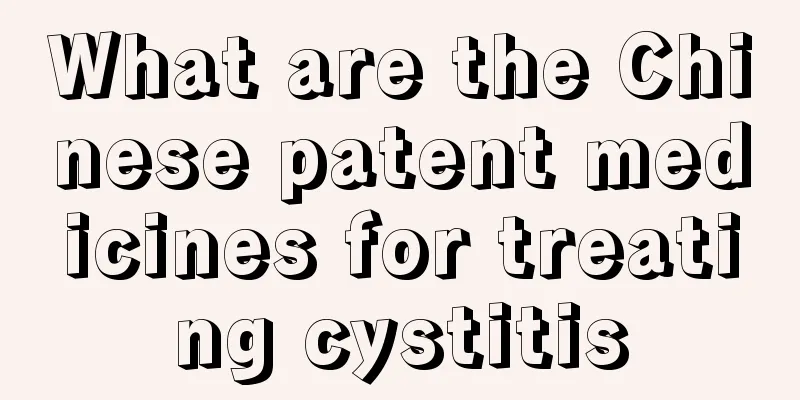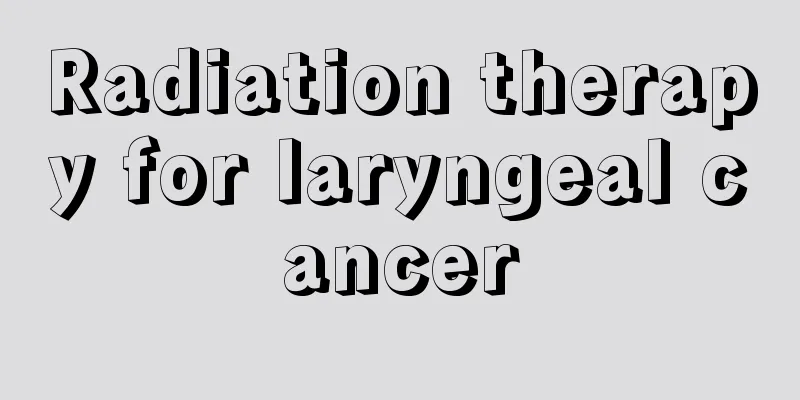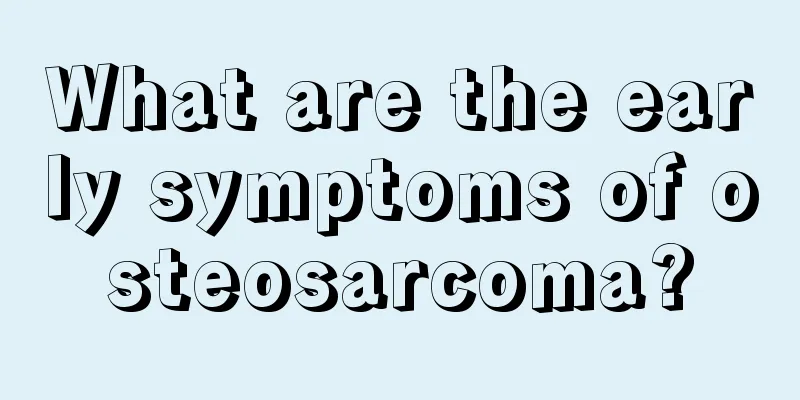Treatment of esophageal cancer in an 80-year-old man

|
Esophageal cancer may face more challenges in patients over 80 years old, but a variety of treatments still offer hope. Treatment options mainly include surgery, radiotherapy and chemotherapy, and the specific choice depends on the condition, physical health and personal wishes. Surgical treatment is still feasible in some elderly patients, but factors such as cardiopulmonary function need to be considered. Endoscopic resection may be suitable for patients with early lesions, with less trauma and faster recovery. Palliative surgery can be considered for advanced patients, mainly to relieve symptoms. Radiotherapy is one of the commonly used treatments, which can directly target cancer cells and reduce the risk of recurrence. Modern technologies, such as intensity-modulated radiotherapy (IMRT), can reduce damage to normal tissues. Chemotherapy is usually used as an adjuvant treatment in combination with surgery or radiotherapy. Commonly used drugs include cisplatin and fluorouracil. However, chemotherapy has greater side effects in elderly patients and needs to be carefully evaluated. Surgical treatment is still feasible in some elderly patients, but factors such as cardiopulmonary function need to be considered. Endoscopic resection may be suitable for patients with early lesions, with less trauma and faster recovery. Palliative surgery can be considered for advanced patients, mainly to relieve symptoms. Radiotherapy is one of the commonly used treatments, which can directly target cancer cells and reduce the risk of recurrence. Modern technologies, such as intensity-modulated radiotherapy (IMRT), can reduce damage to normal tissues. Chemotherapy is usually used as an adjuvant treatment in combination with surgery or radiotherapy. Commonly used drugs include cisplatin and fluorouracil. However, chemotherapy has greater side effects in elderly patients and needs to be carefully evaluated. It is also crucial to pay attention to diet and mental health. Soft and easily digestible foods can alleviate eating difficulties, while family support and psychological counseling can help improve the quality of life. Regular follow-up and active communication can help to understand changes in the disease and improve the comfort of life. If an 80-year-old patient shows symptoms such as difficulty swallowing food or persistent chest pain, he should see a doctor immediately so that an appropriate individualized treatment plan can be determined as soon as possible. |
<<: Is transverse rectal cancer easy to treat?
>>: Can neurofibromatosis be passed on to children?
Recommend
What is the cure rate of lymphoma and what are the treatments?
What is the treatment rate for lymphoma? What tre...
The symptoms of lung cancer in the late stage will manifest in many aspects
The symptoms of lung cancer are a topic that peop...
Can water enema really help you lose weight? What is the reason
Initially, enema was a technique specially develo...
Quick cure for being unable to open your mouth
There is a certain limit to the extent to which t...
The symptoms of left varicocele are like this
Varicocele is a relatively common disease among y...
Introduction to eyebrow trimming techniques
In today's society, more and more women who l...
What is parotid gland tumor and what are the symptoms
The occurrence of parotid gland tumor is not scar...
How to relieve chest tightness and shortness of breath from staying up late
Modern people today are under great pressure at w...
Is the ceramic casserole poisonous?
Soups cooked in ceramic casseroles taste more del...
Kidney cancer is also classified and appropriate treatment should be selected
Experts point out that the incidence of kidney di...
Can tin foil be heated?
Many friends usually like to use electric ovens t...
Can the tongue coating be brushed?
Brushing teeth is a small thing that people have ...
How high a water temperature can kill bacteria
There is a saying that disease comes from the mou...
Right middle cerebral artery stenosis
It is often said that it is important to have a s...
Can I eat scallion oil if I have constipation
It is appropriate to eat some scallion oil when y...









